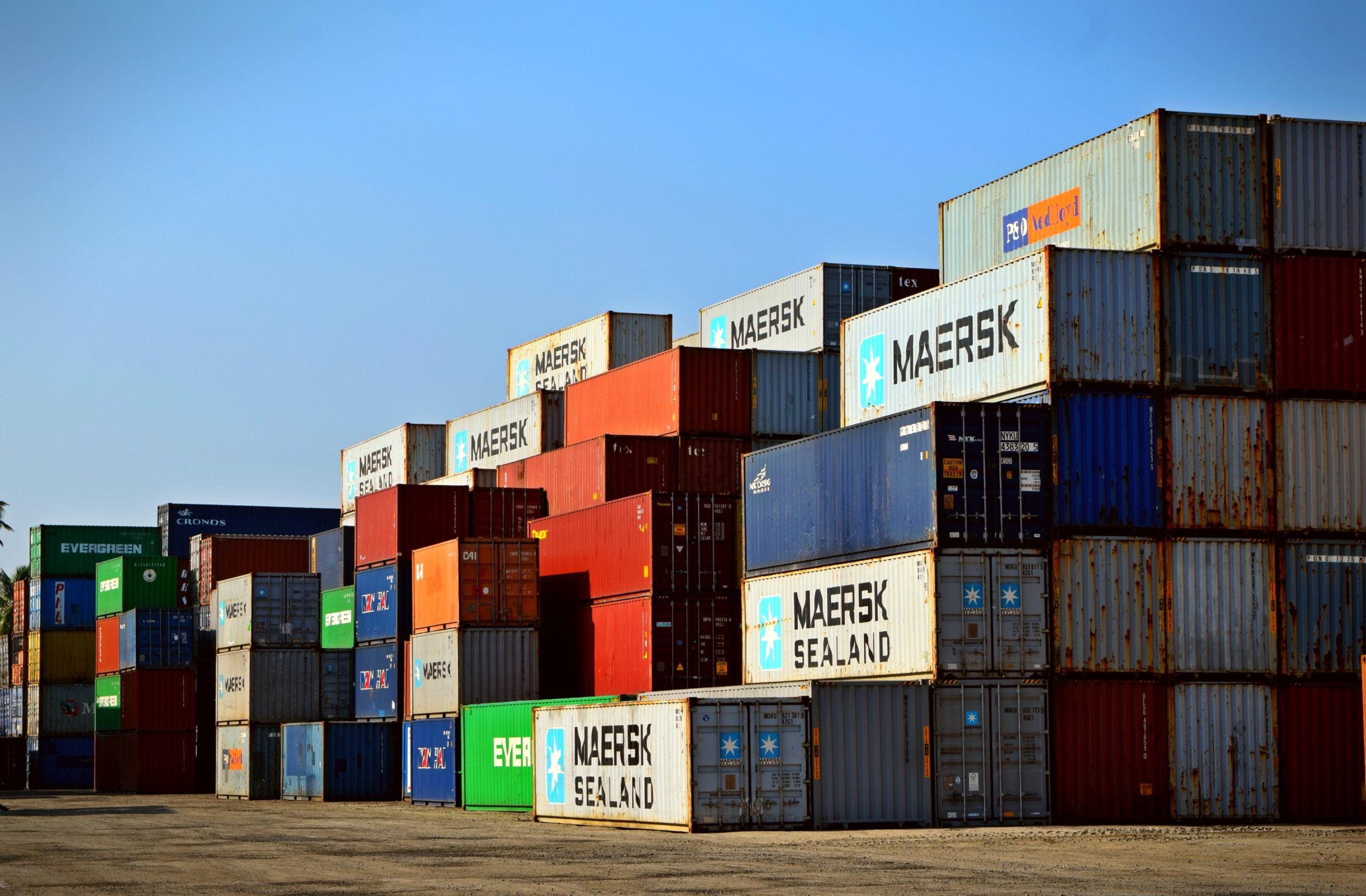
By Dr Christian Darko
Department of Management
According to the World Bank, nearly 30% of global domestic product is made up of exports, up from less than 20% as recently as 1990. As globalisation marches on, how are firms in different countries impacted in unique ways?
The disruptions in the global supply chain, brought about by the global health pandemic and the Ukraine-Russia war, have once again highlighted the extent to which firms operate in a global economy. According to the World Bank, nearly 30% of global domestic product is made up of exports, up from less than 20% as recently as 1990. As globalisation marches on, how are firms in different countries impacted in unique ways?
The old school of thought – the great divergence – suggests that firms in the wealthiest and most powerful nations will reap an increasingly greater proportion of rewards. In contrast, a new school of thought – the great convergence – suggests that firms in poorer and less developed nations stand to gain the most from internationalisation. Evidence for this perspective is still emerging
Despite the hope offered to firms in emerging markets by this new perspective, a puzzle remains: Two related sets of research studies on firm exports seem to point to a virtuous cycle that remains consistent with the great divergence hypothesis.
One set of studies has shown that highly productive firms are more likely to begin exporting (“self-selection”) because these firms can afford the costs associated with entering export markets. Another set of studies has shown that exporting firms tend to become more efficient over time compared to their non-exporting counterparts (“learning-by-exporting”) because exporting requires interactions with foreign clients, suppliers, and competitors, opening doors to accessing new technologies. These two sets of studies together paint a picture that seems most consistent with the great divergence hypothesis.
However, an important question has remained unanswered: Which firms learn the most by exporting? Put differently, are the firms that tend to gain the most from exporting the same firms that tend to enter the export market in the first place?
To study this question, we use data from the World Bank Enterprise Survey on exporting manufacturing firms across 63 countries. The results show that the economic development in a firm’s home market plays a key role. Consistent with the “self-selection” argument, highly productive firms in more developed home markets were indeed more likely to enter export markets. In line with “learning-by-exporting” argument, exporting firms indeed became more productive over time; however, this was only true among firms in less developed home markets.
These findings showed that the benefits of exporting are substantial for firms in low-income countries, enabling these firms to at least partly “catch up” with their counterparts in more developed countries. For instance, the study showed that up to 35% of the gap could be recovered within 3 years of entering the export market, and up to 62% could be recovered within 7 years. Overall, these findings are supportive of the potential of a great convergence.
We offer two practical solutions to help spur exporting activity among firms in low-income countries and, hopefully, close the gap. First, policymakers in less developed countries should focus on strengthening institutions. Strong institutions will help to ensure that access to foreign markets is available to all firms, not just those with political ties. Second, policymakers should invest in technological infrastructures. These infrastructures will help to enhance learning opportunities in the domestic market and help firms prepare for exporting activities. These solutions together can facilitate cross-border business activity and help close the gap between firms in less versus more developed countries, and thereby begin to democratise the benefits of globalisation.
Vendrell-Herrero, F., Darko, C.K., Gomes, E. & Lehman D.W. (2022). Home-market economic development as a moderator of the self-selection and learning-by-exporting effects. Journal of International Business Studies 53, 1519–1535. https://doi.org/10.1057/s41267-021-00481-8
The views and opinions expressed in this article are those of the author and do not necessarily reflect the official policy or position of the University of Birmingham.
